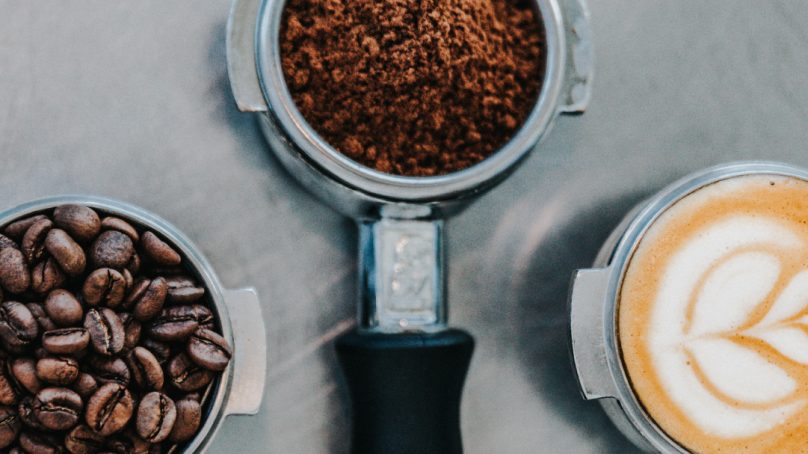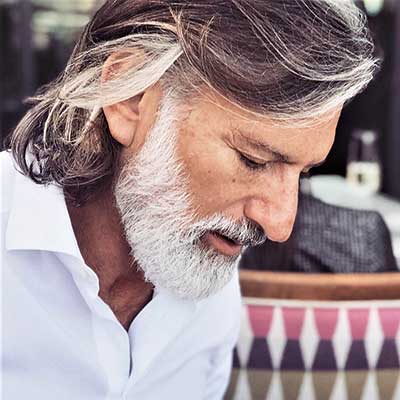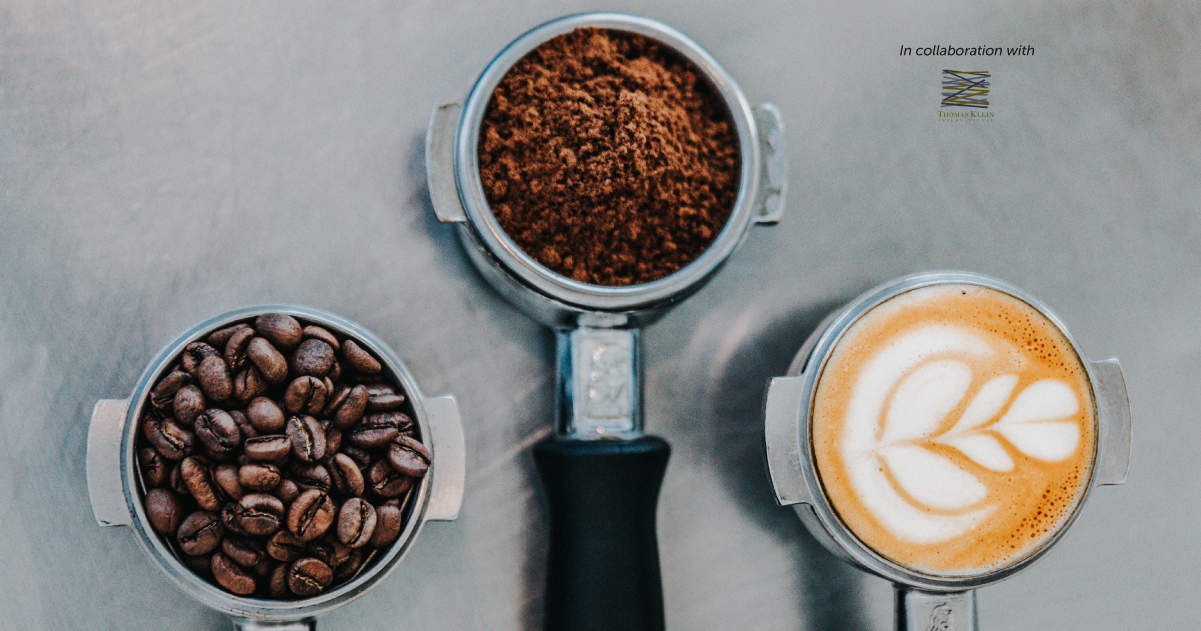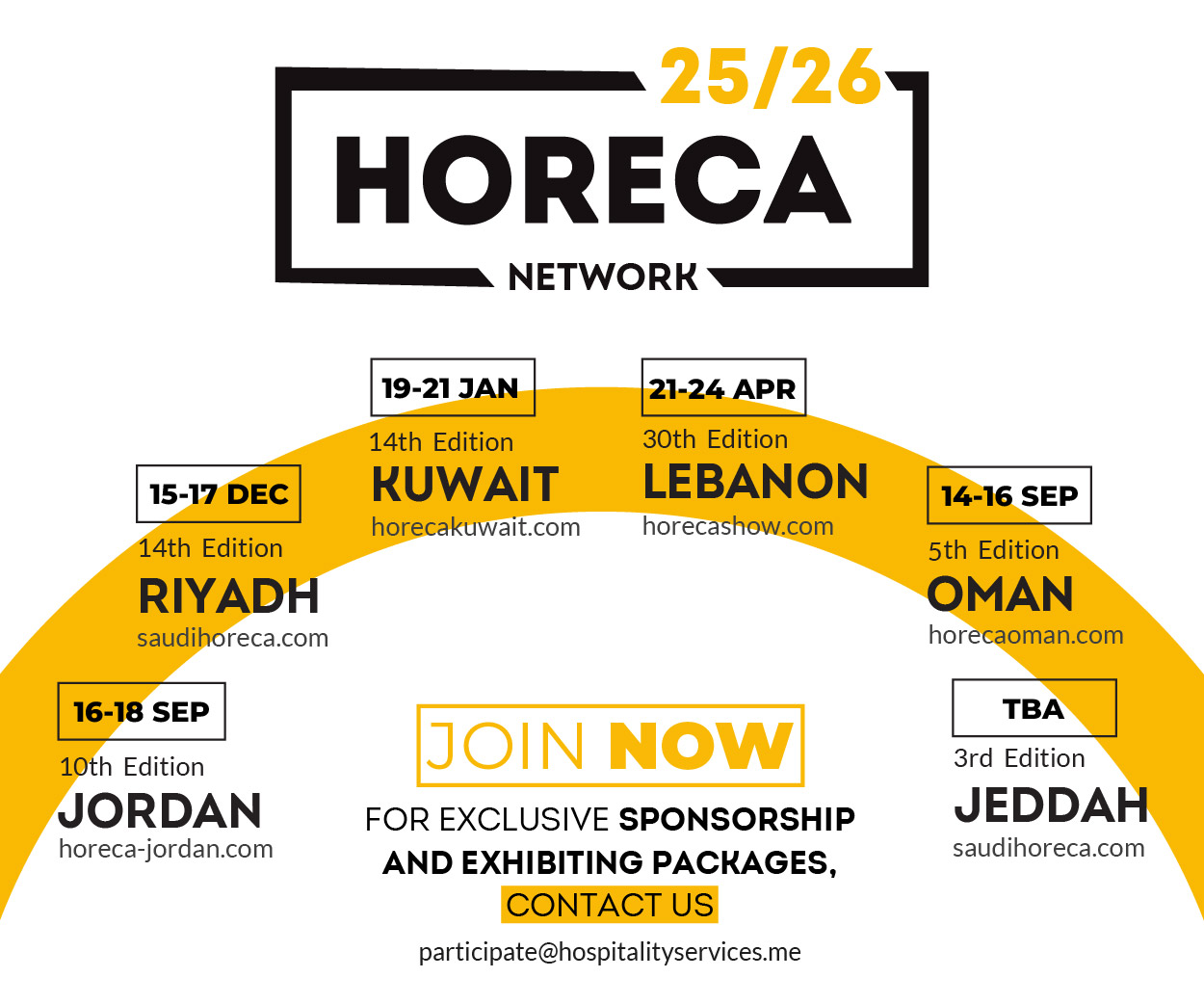
As you venture through the city neighborhoods in the UAE, from Abu Dhabi to Ras Al Khaimah, it’s not unusual to come across at least two “specialty coffee shops.” The UAE has rapidly established itself as not only an international destination welcoming expats and tourists from all over the world, but what many consider to be one of the top five global coffee hubs, joining the ranks of Melbourne and Seattle. Its coffee culture has undergone a rapid transformation, moving away from traditional production methods, such as “dallah,” toward the prevalence of chain coffee shops, like Starbucks.
Small, but special
Luckily, however, UAE nationals have developed a taste for specialty coffees – acquired through their extensive travels – leading to the introduction of a growing number of smaller, specialized coffee shops which prioritize taste and technique, and offer a wide selection of beans sourced from small-scale farmers from the world’s best, but not necessarily most popular, coffee-producing countries. These beans are sourced from boutique producers and retailed at a maximum premium. The coffee shops provide a range of flavors and intensities to cater to different preferences and curiosities, offering an experience that cannot be found in the large chains such as Costa, Starbucks and the likes. Not that these chains will go out of business – there is enough market for them too, but today, the coffee connoisseur and seasoned traveler have other options.
Swallowing price hikes
This is no surprise. The trend goes hand in hand with the large number of people that have moved to the region looking for job opportunities over the years. As the population diversifies, so, too, do the taste buds and expectations. Yet with this comes the question many of us have asked ourselves: “When did my everyday coffee order get so pricey?”
The answer has its roots in multifold cost increases, including rent, retail in general and, subsequently, dining experiences. Business owners have faced increased costs, as much as the next person. Seeking cheaper rent options, investors started looking at neighborhoods, rather than premium malls, as optional locations for their business. Thanks to that cost-driven creativity, many neighborhoods in Dubai now house some of the most popular coffee shops. However, while Singapore is ranked as the most expensive city to live in, alongside New York, according to the World Economic Forum, the average price of a cappuccino there would cost you around 16.71 AED, less than the 19.65 AED average in Dubai. To really understand how this has come to be, we need to go back to the building blocks of a business.
A costly cup
Before your aesthetically pleasing coffee shops open, business owners must first secure the location, which often carries a steep price tag. But this is just step one – next come employee salaries, visa fees, government costs, maintenance fees, equipment, furniture, marketing expenses and many others. According to an interview conducted by Arab News with Leon Surynt, owner of Nightjar Coffee in Dubai, the cost of the ingredients in your cup of coffee alone amount to 20 percent of the total cost. The remainder is divided into fees, wages and other costs, causing his profit to drop to 20 percent of the selling price per cup.
Returning to the comparison between Dubai and Singapore, even though the emirate doesn’t tax income or have a corporate tax, its registration procedure fee is higher, representing 17.2 percent of the average income per capita. Compare this with Singapore, where the fee is only 0.4 percent of income per capita.
Notably, the cost of coffee beans has risen significantly in recent years, largely due to major global changes, such as the Covid-19 pandemic, which adversely affected supply chains and, in turn, impacted the major coffee-producing and exporting countries.
Many coffee-producing countries have also been severely affected by climate change. Farmers all along the coffee belt in Brazil, known as the world’s largest coffee-producing nation, have struggled with the aftermath of droughts, large fires and loss of land for cultivating coffee beans. Limited supply and high demand have triggered hikes in the price of Brazilian coffee beans in recent years. In other words, the 19 dirhams you spend on a cappuccino aren’t just covering the cost of coffee beans, milk, personnel and rent, but also contributing to the viability of the coffee industry as a whole.
The luxury factor
Representing hospitality and tradition, coffee and tea have always been an important factor in the Arab world. In fact, in a culture that holds high coffee standards, the experience of going out for a cup of coffee can be compared to that of a Westerner visiting a bar for cocktails or a good bottle of wine. The expectations are high and with the misguided logic that is so prevalent today, it’s assumed that higher prices must equate to better quality and expertise.
In order to differentiate themselves from their competitors in our oversaturated coffee shop market, many new establishments in the UAE have therefore positioned themselves as luxury brands. This strategy allows them to overprice their products and sell not just a good cup of coffee to their customers, but a full experience, which often includes stylish and photogenic surroundings, unique and trendy drinks, such as pink lattes or coffees with gold toppings, and with it, high-quality customer service.
The UAE has a larger-than-world-average, high-income society which is willing to pay a premium for luxury experiences, with the result that coffee shops offering a premium experience are finding success. The UAE coffee shop market is competitive and businesses must differentiate themselves to attract and retain customers. By offering a luxury experience, coffee shops can establish a loyal customer base and increase their revenue.
All about choice
If you’re ever driving in Ras Al Khaimah, you may be surprised to see how many specialty coffee shops are lined up one after the other in the same location. Some in street malls and others in trucks, they pave the alleys of every neighborhood. One of these coffee shops, called Glug, is surrounded by five other businesses that offer the same service and the same rare coffee beans, all with charming interiors and skilled baristas. Yet Glug’s cappuccino costs 23 Dirhams, 15 percent more than their next-door neighbor.
But what about the average consumer who simply wants a simple, traditional, no-fuss coffee? Just as specialty coffee shops are present in large numbers, so are smaller cafeterias that sell you an espresso or Nescafe for a very reasonable price, catering to individuals who may prioritize convenience and affordability over ambiance and atmosphere. Ultimately, the choice of where to go for coffee and how much to pay for it depends on your preferences and priorities. Next time you’re having a coffee, however, remember that you’re not just paying for the ingredients, but also for everything that made it possible, and for the many families involved in the process, enabling them to offer their kids a decent life. That’s called fair trading.

Principal and managing director
Thomas Klein International














